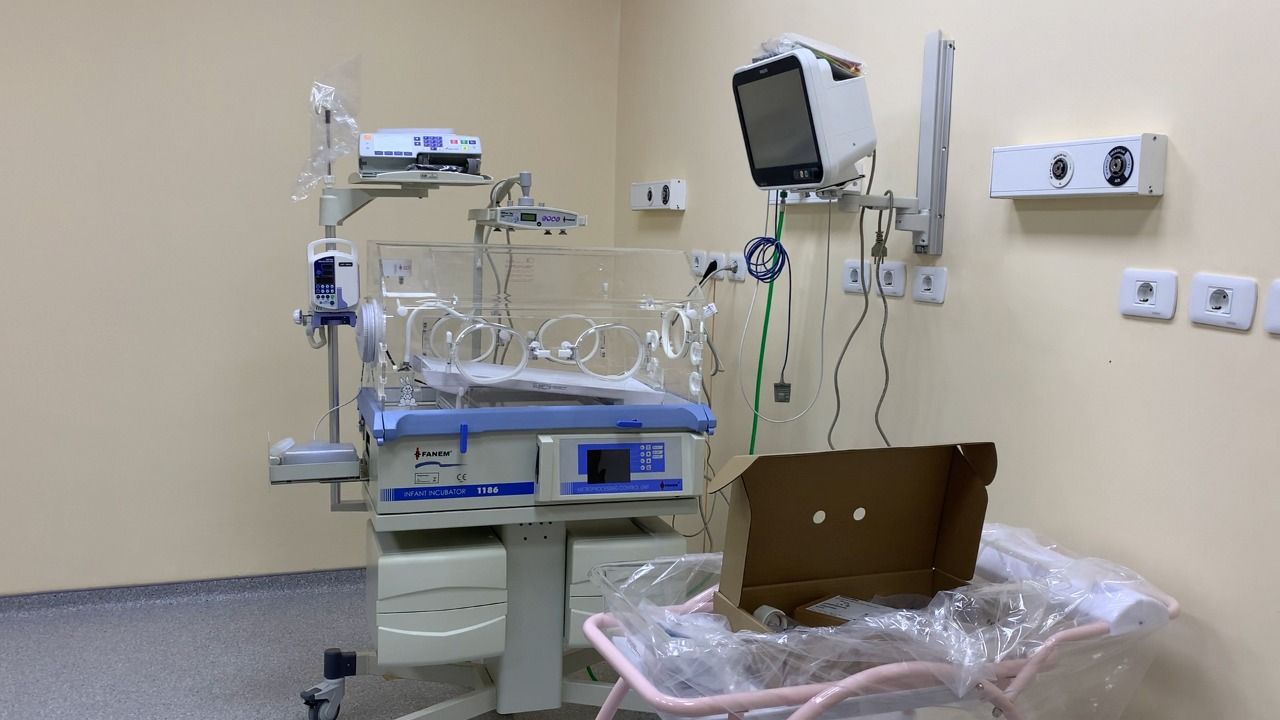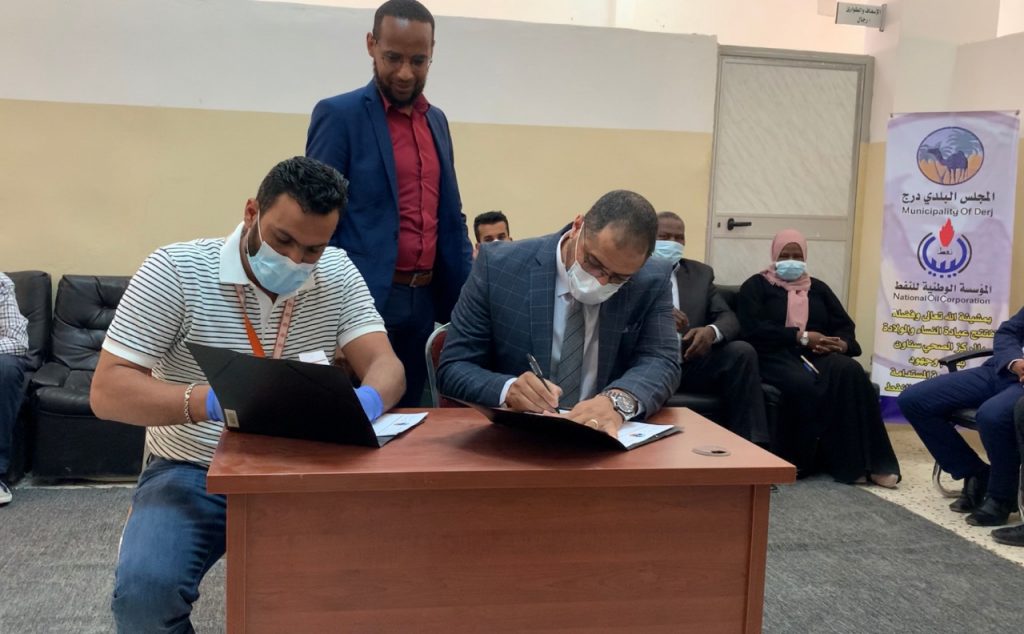When oil became waste: a week of turmoil for crude, and more pain to come
The magnitude of how damaged the energy industry is came into full view on April 20 when the benchmark price of U.S. oil futures, which had never dropped below $10 a barrel in its nearly 40-year history, plunged to a previously unthinkable minus $38 a barrel.
In just a few months, the coronavirus pandemic has destroyed so much fuel demand as billions of people curtail travel that it has done what financial crashes, recessions and wars had failed to ever do – leave the United States with so much oil there was nowhere to put it.
While the unusual circumstance of negative oil prices may not be repeated, many in the industry say it is a harbinger for more bleak days ahead, and that years of overinvestment will not correct in a period of weeks or even months.
“What happened in the futures contract the other day indicated things are starting to get bad earlier than expected,” said Frederick Lawrence, vice president of economics and international affairs at the Independent Petroleum Association of America.
“People are getting notices from pipeline companies that say they can’t take their crude anymore. That means you’re shutting down the well yesterday.”
Evidence of the erosion of value for a product that has been a mainstay of global society since the late 19th century abounded across the world last week.

















